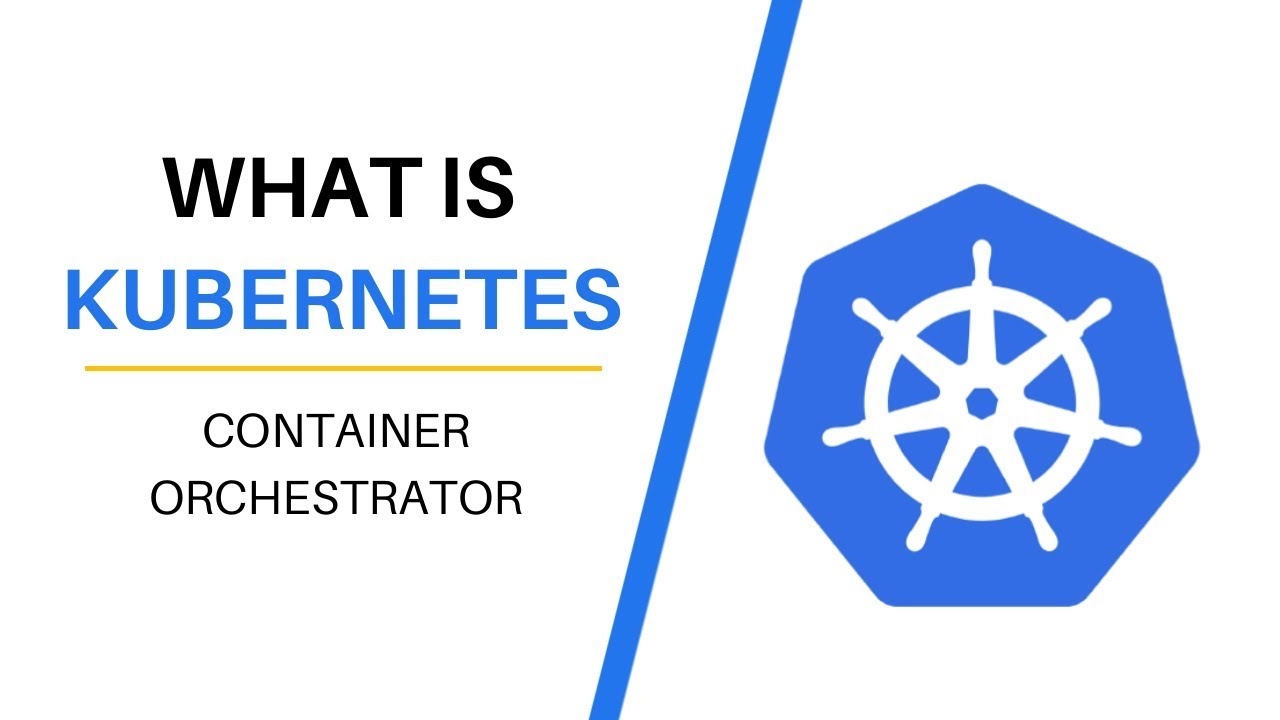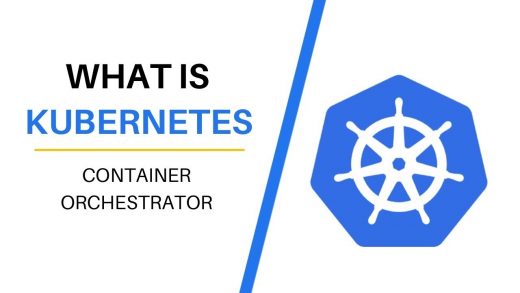What is Kubernetes? An explainer for marketers
As businesses look to rebuild their technology infrastructure, many are adopting Kubernetes platforms, a move that has implications for marketing and marketing operation teams.
 Chicory, a data platform that enables shoppable recipes, needed to rebuild its technology infrastructure. Because the company relies heavily on being able to access and utilize data in near real-time — analyzing millions of interactions on a daily basis with recipes, ingredients and food brands — it needed a solution that was fast, easy to deploy and could scale across all of its departments.
Chicory, a data platform that enables shoppable recipes, needed to rebuild its technology infrastructure. Because the company relies heavily on being able to access and utilize data in near real-time — analyzing millions of interactions on a daily basis with recipes, ingredients and food brands — it needed a solution that was fast, easy to deploy and could scale across all of its departments.
“We needed to create a solution that could process billions of data points close to real-time and that was easier to maintain for our team,” said Chicory’s Director of Engineering Asaf Klibansky, “We were dealing with issues that were mostly related to our infrastructure. It was clear that containerization would be a great solution to our problems as it is faster and lighter to deploy, scales easily and generally provides a smoother experience with few issues.”
The company had already implemented a Kubernetes containerization system for other smaller services, and at the time, was in the market for a new data warehouse. Knowing the benefits a Kubernetes platform would offer, Chicory began the process of moving its entire technology infrastructure to a Kubernetes system, migrating various microservices one-by-one.
You may be wondering why Chicory’s decision to adopt a Kubernetes platform is relevant to marketers. As a marketing or marketing operations professional, there’s a good chance the solutions you implement and manage are connected to your company’s broader technology infrastructure. As technology stacks become increasingly more difficult to manage and scale, many IT and engineering teams are turning to Kubernetes platforms. And while your department may not be the primary driver to implement a Kubernetes system, your data and marketing operations teams could potentially benefit from one.
What is Kubernetes?
Let’s begin with the basics. Kubernetes — also known as K8 — is an open-source container system for managing and scaling business applications. The open-source orchestration software allows technology teams to deploy and manage the microservices that make up a business’ technology stack. It allows for portability and scalability when deploying applications across on-premise or cloud environments. It takes less time to manage, decreases downtime, reduces IT costs and improves “time to market” speed.
The Microsoft Azure blog defines its Kubernetes solution as a way to help technology teams, “Orchestrate a cluster of virtual machines and schedule containers to run on those virtual machines based on their available compute resources and the resource requirements of each container.” (If this all sounds Greek to you, there’s a reason: the name Kubernetes has Greek origins, meaning helmsman or pilot.)
Google was the first company to open-source its Kubernetes initiative in 2014, and gave the platform its name.
A number of technology companies provide Kubernetes: Google, Microsoft Azure, SAP, Dell and others. The Linux Foundation, an initiative focused on open source software development, is the organization behind the resource site Kubernetes.io, which includes a list of certified solution providers. There are courses and a Certified Kubernetes Administrator exam for professionals who oversee Kubernetes platforms.
What are the implications for marketers?
A Kubernetes system can benefit marketing departments in a number of ways, from how a company manages its customer data to its ability to access actionable analytics and leverage marketing technology solutions.
“Our services are easier and faster to deploy, as well as scale,” said Chicory’s Klibansky, “Our codebase can be more easily maintained and we can provide more insights to our customers and clients in real-time, which is crucial in the martech sphere.”
Since migrating to the Kubernetes platform, Klibansky says his company has improved several aspects of its analytics stack and data reporting capabilities.
“We now offer our users more robust reports, such as visualizing our user interaction with recipes containing the ingredient ‘Fresh Basil’ across the country,” said Klibansky, “This has a huge effect on the business and the quality of service that we provide to our clients.”
Who implements and manages the Kubernetes platform?
Because Kubernetes applies to a company’s entire technology stack across multiple business units, the primary stakeholders driving such a project are usually outside of marketing. When Chicory moved to a Kubernetes platform, the initiative required cross-departmental coordination.
“Serving as a conduit between our account management and marketing teams, our co-founder Joey Petracca, actually stepped in on the project as the lead product manager,” said Klibansky, “The migration was so impactful to the core of our business that we needed a high-level stakeholder who could synthesize all of the teams’ needs and communicate that back to our engineering team.”
While marketing may not lead the Kubernetes charge, it should be involved. One of the biggest challenges Chicory faced with rebuilding its tech infrastructure on the Kubernetes platform involved a new business intelligence tool it was implementing — a solution that directly impacted the company’s data analytics capabilities.
“The reports had to match the previous reporting, which were slightly different in shape due to the new BI tool requirements,” said Klibansky, “We had to make modifications over and over again. We also had to rewrite our data pipelines using a new framework, Dataflow, which took some getting used to.”
In the end, Chicory’s choice to implement Kubernetes to rearchitect its tech ecosystem delivered stability and flexibility, which Klibansky said was paramount for managing the volume of data contained in Chicory’s systems.
Should my company consider Kubernetes?
This isn’t necessarily a question for the marketing team to answer, but because marketing is often the team managing and analyzing various data sets, marketers may be more likely to notice instances where Kubernetes could benefit the entire organization.
Is your company’s technology stack outdated and difficult to manage? Does it take longer than necessary to update systems? How scalable is your company’s technology? Is there a mix of technology — both on-premise software applications and cloud solutions? These are all questions that point to the benefits of adopting a Kubernetes platform.
“The move to use containerization along with Kubernetes, BigQuery and Dataflow had a major effect on the time that we now spend deploying and debugging our solutions,” said Klibansky, “It also affects the speed at which we can introduce changes and reduce the number of issues that we have to address on a daily bases. The data is available to us almost immediately and we are able to provide more robust solutions that involve real-time data as well as richer reporting for our clients.”
Marketing Land – Internet Marketing News, Strategies & Tips
(60)



